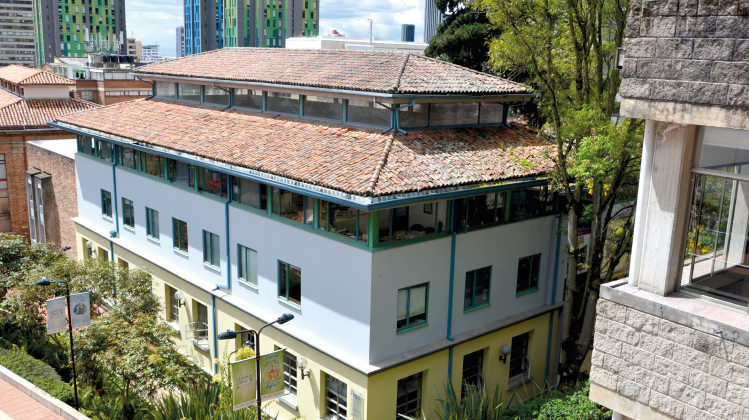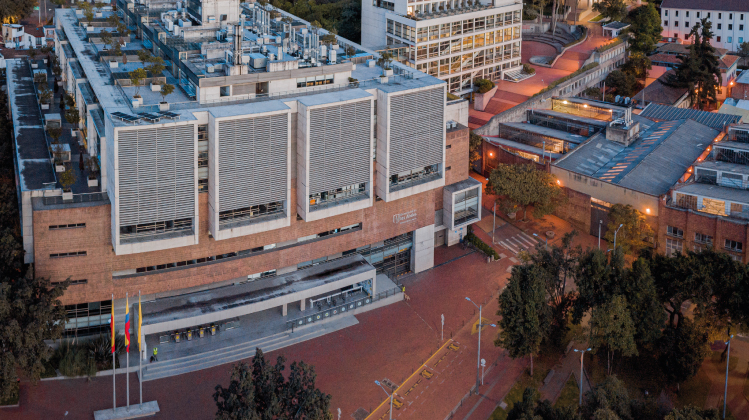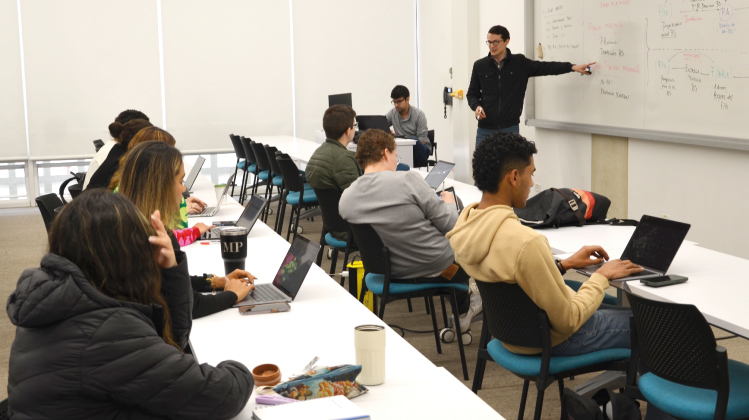Comparative Law in a Global Perspective
- Virtual
- Idioma: Inglés
- 10 al 21 de junio de 2025
- Lunes a viernes: 8:00 a.m. - 12:00 m. Sin clase lunes 16 de junio. Con clase el sábado.
- 4 créditos
- Homologable por: Comparado o Facultativa
- MDER-4004

Docente

Valentina Volpe
- Director of the International and European Law School’ at the Faculty of Law of the Université catholique de Lille
Descripción
This course approaches comparative law and legal studies from a global perspective, examining the world’s most important legal traditions while questioning state-centered paradigms and investigating contemporary legal transformations. It focuses on the impact of cultural, social, and historical factors on legal structures, doctrines, and rules. The course explores major Western legal traditions, including the divide between common law and civil law, as well as mixed legal systems. Additionally, it delves into non-Western legal traditions, such as Sub-Saharan, East-Asian, Hindu, Talmudic, Islamic, and Latin American systems, all while analyzing the influence of globalization on legal and political structures and the limitations of state-centered legal models.
What You Will Learn:
✔ Comparative Law Basics: Legal traditions, transplants, and pluralism in a global context.
✔ Western Legal Traditions: Civil law, common law, mixed systems, and their core values like democracy and human rights.
✔ Non-Western Legal Traditions: Study of Sub-Saharan, East-Asian, Hindu, Talmudic, Islamic, and Latin American legal systems.
✔ Global Impact: The role of globalization in transforming legal and political structures.
✔ Critical Analysis: Engaging with contemporary legal reforms, judgments, and constitutional amendments worldwide.
✔ Comparative Method: Developing a global perspective on contemporary legal transformations.
Who Should Enroll?
✔ Students and professionals interested in comparative law, legal traditions, and the global influence of legal systems.
✔ Individuals looking to explore the relationship between law, culture, and globalization in both Western and non-Western contexts.




